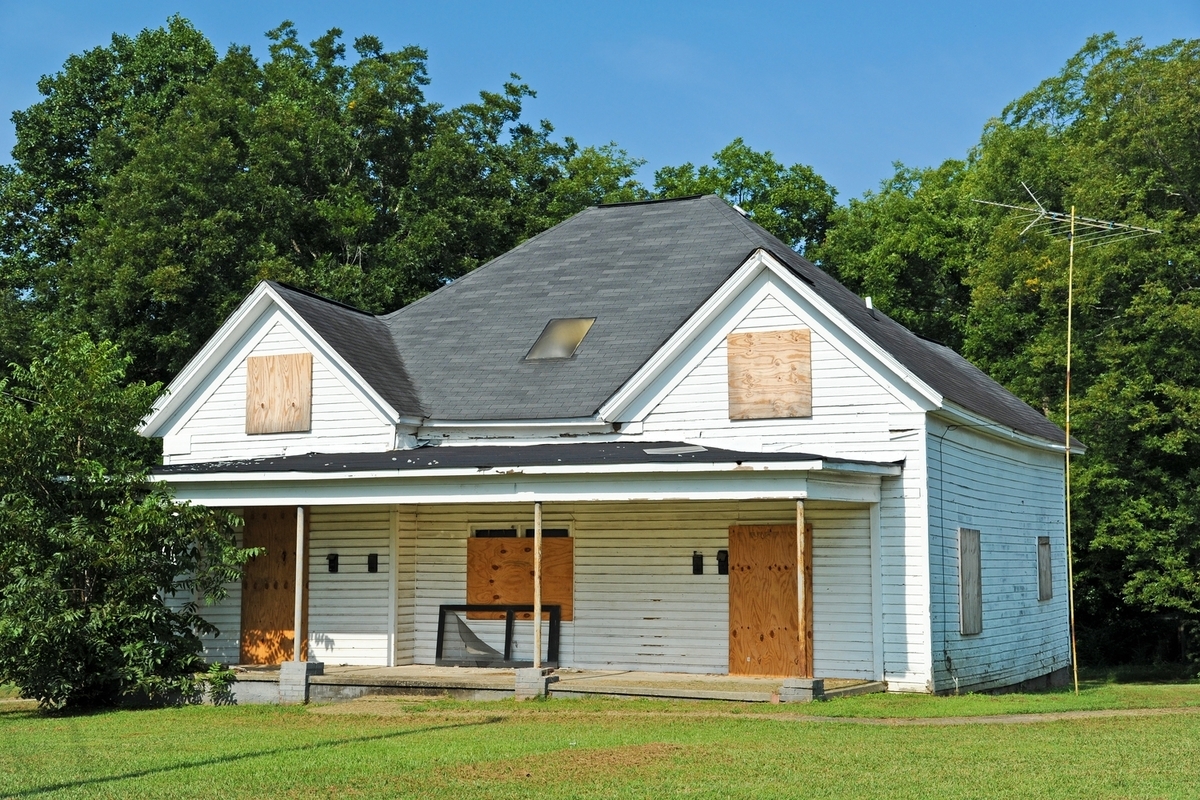Private Landlord Rentals A Comprehensive Guide
In today’s housing market, private landlord rentals offer a flexible and often cost-effective solution for tenants. These rentals, hosted by individual property owners rather than large property management companies, bring unique advantages and challenges for both landlords and tenants. This comprehensive guide delves into the essentials of private landlord rentals, providing useful insights for prospective tenants and landlords alike.
Understanding Private Landlord Rentals
Private landlord rentals refer to residential properties rented out directly by property owners, without the involvement of real estate companies or letting agents.

Advantages for Tenants
1. Personal Interaction and Flexibility
Renting directly from private landlords often means dealing with a single person who can provide quick and direct responses. This can translate to faster issue resolution and more flexible arrangements regarding lease terms, pet policies, or property improvements.
2. Potential Cost Savings
Private landlords may not have the overhead costs associated with property management companies, potentially leading to more competitive rental prices. Tenants might also save on application fees or other administrative charges.
3. Customization and Communication
A private landlord might be more amenable to customizing the rental property to fit a tenant’s needs, such as painting walls or making small improvements. Communication tends to be more straightforward, fostering a better landlord-tenant relationship.
Advantages for Landlords
1. Direct Control
Landlords have direct control over tenant selection, property maintenance, and terms of the tenancy. This autonomy allows for more responsive and tailored management of the rental property.
2. Personal Connection with Tenants
Building relationships with tenants can lead to longer tenancies and fewer turnovers. A positive landlord-tenant relationship often results in tenants taking better care of the property.
3. Cost Efficiency
Without the need to pay for property management services, landlords can maximize their rental income. They avoid fees associated with letting agents, allowing for more competitive rental pricing or increased profits.
Considerations for Tenants
1. Screening and Due Diligence
Before committing to a rental property, it is crucial for tenants to screen landlords just as landlords screen tenants. Researching the property history, checking reviews (if available), and discussing the terms in detail can prevent future disputes.
2. Understanding the Lease Agreement
Every detail in the lease agreement should be clear and mutually agreed upon. This includes specifics about rent payments, maintenance responsibilities, and the process for addressing grievances. Consulting a legal expert can be beneficial for interpreting complex clauses.
Considerations for Landlords
1. Tenant Screening Process
Implementing a thorough tenant screening process is essential. This can include background checks, credit checks, and references from previous landlords. Proper screening helps ensure reliable and responsible tenants.
2. Legal Compliance
Landlords should familiarize themselves with local and national regulations regarding rental properties. This includes safety standards, tenant rights, and fair housing laws. Adhering to these regulations helps protect against legal disputes.
3. Maintenance and Repairs
Being proactive about property maintenance can prevent major issues down the line. Landlords should establish a clear protocol for handling repairs, including emergency situations. Regular maintenance checks can help keep the property in good condition and tenants satisfied.
4. Setting the Right Rental Price
Pricing the rental property competitively requires research into the local rental market. Setting a fair price helps attract potential tenants while ensuring the landlord can cover property-related expenses and earn a profit.
Finding Private Landlord Rentals
1. Online Platforms
Numerous online platforms can help tenants find private landlord rentals. Websites such as Craigslist, Zillow, and Facebook Marketplace often feature listings from individual property owners.
2. Local Networking
Word of mouth, community bulletin boards, and social media groups are effective ways to learn about available rentals. Networking within the community can uncover opportunities not listed online.
3. Real Estate Websites
While not all listings on real estate websites are from private landlords, these sites can still be a valuable resource. Look for keywords like “private listing” or “no agent” to identify these rentals.
Private landlord rentals present a unique option in the housing market for both tenants and landlords. With benefits like flexibility, cost savings, and personal interaction, these rentals cater to diverse needs. However, both parties must practice due diligence and clear communication to ensure a positive and mutually beneficial relationship. By understanding the dynamics of private landlord rentals, tenants and landlords can navigate this landscape with confidence and success.




